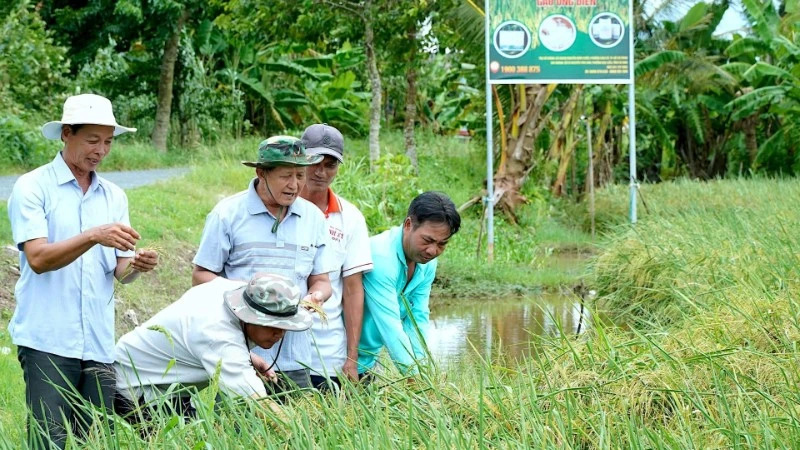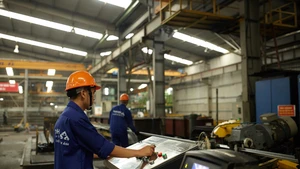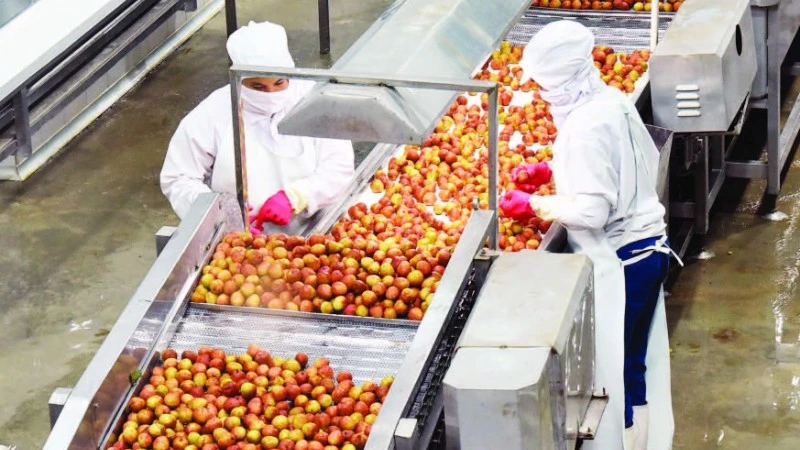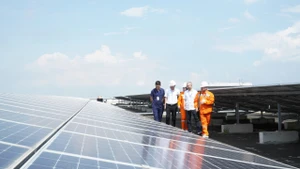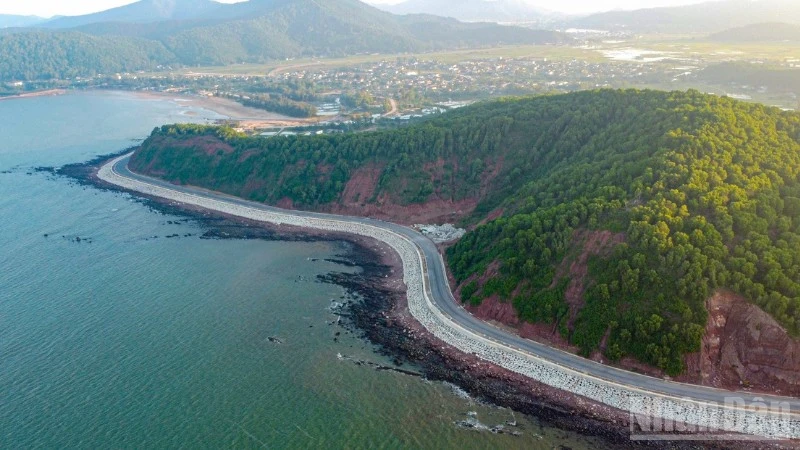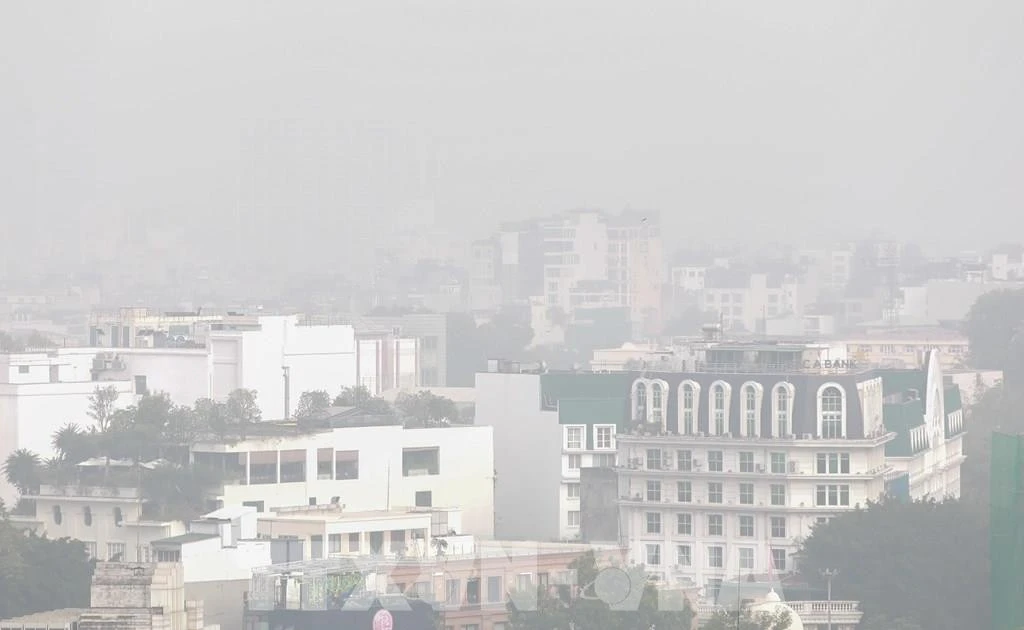According to forecasts by the World Meteorological Organisation, the trend of increasing natural disasters and extreme weather events will continue. The frequency of extreme weather and climate phenomena, as well as droughts, will become more frequent and severe in many parts of the world over the next decade, particularly in developing countries that face higher risks of natural disasters.
In Vietnam, extreme weather events have been recorded with stronger intensity and higher frequency, posing a serious threat to food security and agricultural development. There is also an increased risk of impacting poverty reduction goals and the achievement of sustainable development goals.
Climate change exacerbates risks to assets, livelihoods, and urban infrastructure in coastal areas, intensifies flooding in the Mekong Delta, and increases the risk of floods, flash floods, and landslides in the northern midlands and mountains, as well as the central coastal regions. From 2011 to 2022, extreme weather events caused an estimated loss of about 10 billion USD.
It is forecasted that climate change will be one of the factors slowing the country's growth rate. Without effective response measures, losses could range from 2% to 4.5% of GDP. Despite these challenges, if flexible and appropriate solutions are implemented, climate change could become an opportunity to transition to a green economy and develop a low-carbon and circular economy.
It could also foster the growth of green industries, create new jobs, transform agriculture into a smart, high-tech sector, change farming practices, develop tourism, and attract financial and technological resources to achieve sustainable development goals.
According to Tang The Cuong, Director of the Department of Climate Change under the Ministry of Natural Resources and Environment, Vietnam has actively and responsibly participated in international agreements on global climate change.
Over the past 10 years, the country has joined 18 international treaties and agreements in the field of climate change. At COP26, Vietnam committed to achieving net-zero emissions by 2050 and reducing methane emissions by 30% by 2030 compared to 2020 levels. Vietnam has also actively implemented the Clean Development Mechanism (CDM) and became one of the four countries with the most registered projects, after China, Brazil, and India.
Notably, in implementing the commitments made at COP26, the Prime Minister approved a series of key initiatives, including the Action Plan for implementing the COP26 outcomes, the National Strategy on Climate Change up to 2050, the Action Plan to reduce methane emissions by 2030, and the updated Nationally Determined Contributions (NDC) for 2000 and 2022, which were submitted to the United Nations Framework Convention on Climate Change (UNFCCC) Secretariat.
The Ministry of Natural Resources and Environment, along with other relevant ministries and sectors focused on building and improving the institutional framework, policies, and laws for climate change response. Localities have developed and implemented Climate Change Action Plans, incorporated tasks and solutions to reduce greenhouse gas emissions, and gradually worked towards achieving net-zero emissions by 2050. Many localities have actively carried out projects to enhance climate resilience, urged businesses to conduct greenhouse gas inventories, reduce emissions, develop waste-to-energy power plants and implement energy-efficient public lighting systems.
Some climate change experts suggest that Vietnam should focus on implementing several solutions, such as: intensifying public awareness campaigns to create consensus among the community on proactively responding to climate change, disaster prevention, green transformation, and developing a low-carbon economy and circular economy; continuing to strengthen and enhance human resources at the central and local levels, improving the effectiveness and efficiency of state management, and further perfecting policies and laws to respond to climate change in the new context; accelerating greenhouse gas emission reduction, green transformation, and fair energy transition while ensuring food security and developing green transportation systems; restoring natural ecosystems and developing a low-emission smart agricultural system.
Government ministries, sectors, and localities must implement strategies, plans, and action programs to fulfil the commitments made at COP26, focusing on achieving the net-zero emissions target by 2050 across industries and sectors. They should also prioritise reviewing the implementation of international commitments, including the Nationally Determined Contributions (NDC), to assess the efforts in responding to climate change.
Additionally, it is essential to build and develop a comprehensive database on this issue linked to the digital transformation of the sector and the country, as well as establish a national registry for managing greenhouse gas emission quotas and carbon credits. This will help strengthen the implementation of climate change commitments and promote sustainable socio-economic development.







